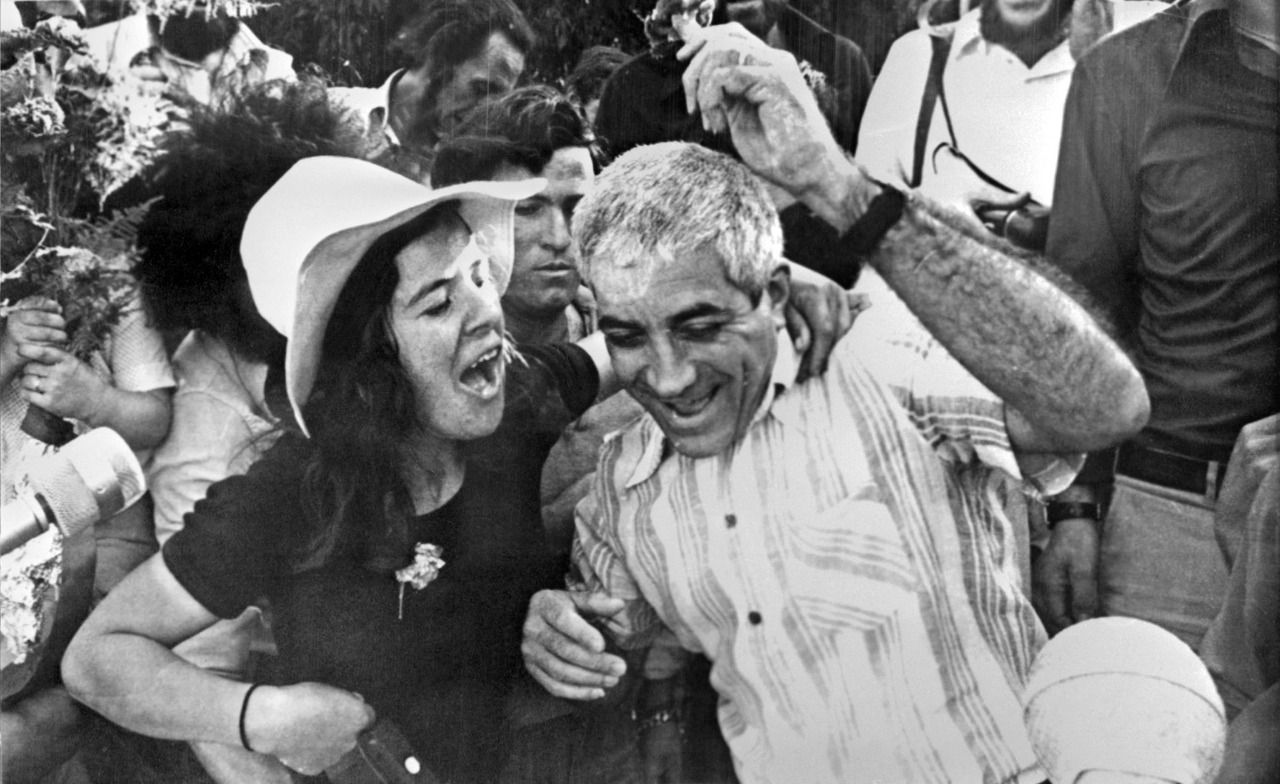Otelo Saraiva de Carvalho, the architect of the “Carnation Revolution,” the military coup that overthrew over four decades of dictatorship in Portugal, died on Sunday at the age of 84, the April Captains group announced.
Known as Otelo in Portugal, he died at Lisbon’s military hospital, spokesman for the group behind the April 1974 revolution, Colonel Vasco Lourenco, according to national media reports.
The high-profile but controversial personality was a crucial figure in the bloodless coup that transformed Portugal’s social, economic, and political landscape.
ALSO READ | G20 diplomats fail to agree on global warming limits
The so-called Carnation Revolution played out in the early hours of April 25, 1974, ending a dictatorship that had lasted from 1926 under Antonio de Oliveira Salazar and from 1968 under Marcelo Caetano.
“He rightfully became one of the symbols of the revolution that ended the longest dictatorship of the 20th century in Europe, opening the way to democracy,” the office of Prime Minister Antonio Costa said in a statement.
His “strategic and operational capacity (and) his commitment and generosity were decisive” in the movement’s success, the statement said.
In 1936, Otelo was born in Mozambique, which was then a Portuguese colony.
He joined the military in the early 1960s, during a period when Portugal was fighting colonial wars.
Following the revolution, Otelo attempted two unsuccessful presidential runs to capitalise on his military image.
However, the nonconformist ended up in jail for allegedly being a member of the far-left FP-25 movement, which was accused for many violent assaults in the 1980s.
He was condemned to 15 years in jail in 1987, but was later pardoned in 1996.
ALSO READ | New COVID variant will ‘probably’ emerge this year, says top French expert
The Portuguese communist party reacted to Otelo’s death by saying that he should be remembered “not for his political career,” but rather for his involvement in the 1974 revolt.
The far-right Chega party, for its part, said he played “a perverse and destructive role in the period following April 25”.
Joao Gomes Cravinho, the Minister of Defense, paid homage to him for “his part in the conquest of independence.”
Otelo “arouses profound differences within Portuguese society” despite being “a major player in a critical period in current Portuguese history,” according to President Marcelo Rebelo de Sousa.
But the conservative head of state added on the presidency’s website that it was “too early for history to judge him with the necessary hindsight”.







